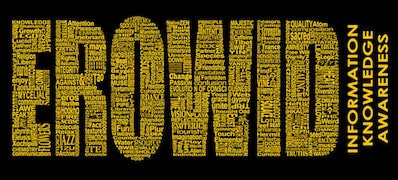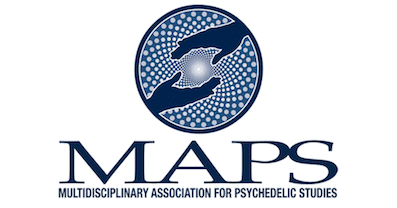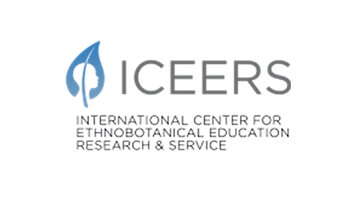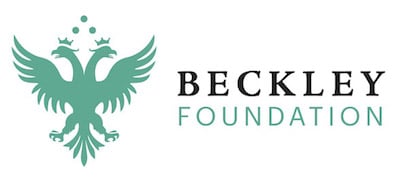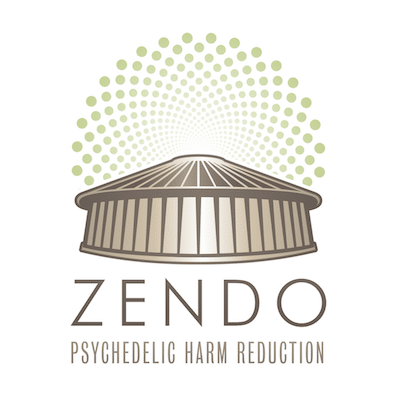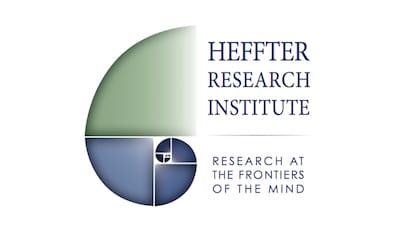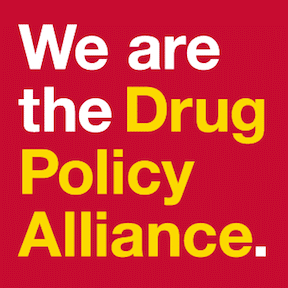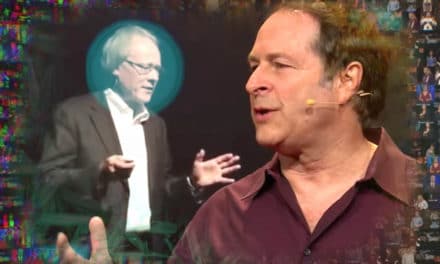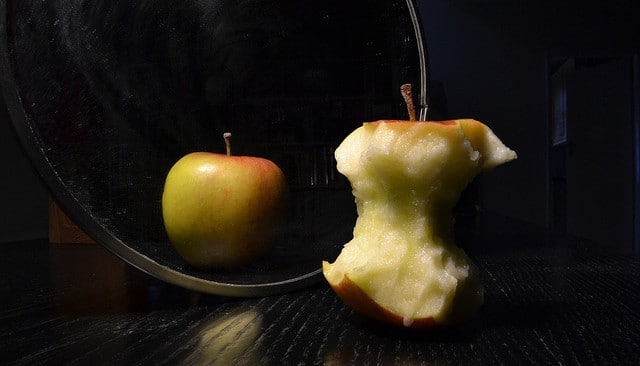Since working with psychedelics is often a solo or small group experience, many psychonauts may remain unaware of the many psychedelic organizations around the globe providing life-saving information, facilitating scientific research, fighting for drug reform laws, and providing harm reduction services.
Because of this, we’ve put together a list of some of our favorite psychedelic organizations so that more people can benefit from their work. This is not a definitive list, and it isn’t sorted in any specific order—all of these groups are incredibly important to the psychedelic movement. Even if you’ve been involved with psychedelics for a long time, we hope that there are at least one or two organizations you haven’t heard of before. So without further ado, here is the list:
Erowid
Having started in 1995, this is one of the longest-running and influential organizations on our list. Erowid, run by founders Earth and Fire, is a non-profit educational organization that provides information about psychoactive plants and chemicals as well as other activities and technologies that can alter one’s state of consciousness, like meditation, lucid dreaming, and flotation tanks.
Taking an extremely honest and unbiased approach, Erowid is always sure to include the full gamut of effects that can come from altering one’s consciousness, including all of the known benefits and negative issues that have been reported thus far. If you haven’t checked out Erowid yet, you definitely should, as it may have information that could save your life or the lives of others.
MAPS
This one is even more tenured than Erowid, having been founded in 1986. MAPS (short for “Multidisciplinary Association for Psychedelic Studies”) is another non-profit organization working to increase awareness and understanding of psychedelic substances. Started by Rick Doblin, MAPS works with scientists to help design, fund, and obtain regulatory approval for studies about the safety and efficacy of several controlled substances.
MAPS has ongoing relationships with various governmental regulatory authorities around the world like the Food and Drug Administration (FDA) in the United States and the European Medicines Agency (EMA) in Europe to ensure that the studies it is involved with are up to strict regulatory standards. The psychoactive substances that MAPS is currently studying include MDMA, LSD, psilocybin, ibogaine, ayahuasca, and cannabis. The strong efforts from the people at MAPS have gone a long way toward helping psychedelics gain recognition as valuable substances that can provide significant benefits.
NORML
NORML (the National Organization for the Reform of Marijuana Laws) is easily the oldest organization on this list, having been founded by Keith Stroup in 1970. This non-profit has been fighting to remove legal penalties from responsible adult use of cannabis in the United States for nearly half a century! NORML has even begun to operate in other countries as well, including Canada, the United Kingdom, New Zealand, and France.
This is one organization that has had a direct and measurable effect on public policies throughout the world. New laws involving the decriminalization, medicalization, and legalization of cannabis have been have been passed—with NORML’s assistance—to protect responsible cannabis users from legal harm. We still have a long way to go when it comes to reforming drug laws around the world, but NORML has been making a huge impact on that front and will no doubt continue to do so in the future.
DanceSafe
If you’ve ever seen a DanceSafe tent at a music festival, you probably know that they focus on reducing the harms associated with potentially dangerous activities like imbibing psychoactive substances, attending live music events, and having unprotected sex. DanceSafe volunteers set up booths to provide a variety of health and safety services, including on-site counseling and the distribution of things like condoms, water bottles, earplugs, educational literature and reagent drug testing kits. This is all done with the understanding that some people will undoubtedly choose to engage in the aforementioned activities and that it is better to attempt to reduce harms than to turn a blind eye to the fact that these things are happening. Putting harm reduction techniques into practice has been DanceSafe’s modus operandi since 1998, and it’s showing no signs of slowing down anytime soon.
ICEERS
Short for the “International Center for Ethnobotanical Education Research and Service,” ICEERS is an international non-profit organization based in Barcelona, Spain that is on a mission to transform society’s relationship with psychoactive plants. Founded in 2009 by filmmaker Benjamin De Loenen, ICEERS’ vision is to manifest a future where psychoactive plant practices are valued and integrated as a healthy and respected part of society. The organization has been addressing some of the primary issues resulting from the globalization of ayahuasca, iboga, and other ethnobotanicals. ICEERS is probably best known for organizing the World Ayahuasca Conference and many ibogaine-related events, assisting people who have been arrested for psychoactive plant practices with the Ayahuasca Defense Fund, and conducting scientific research on various plant medicines. Most recently, the organization has launched the new educational site PsychePlants and obtained United Nations consultative status to recently bring a delegation to the UN to advocate for plant medicines at the Human Rights Council. ICEERS is clearly doing a lot for the psychedelic community—as well as for society at large.
The Beckley Foundation
This United Kingdom-based think tank is dedicated to reforming drug policies around the world and expanding research on psychoactive substances. The Beckley Foundation was founded in 1998 by the Countess of Wemyss, Amanda Feilding. On the policy front, it has published public letters advocating for drug law reform and reports that analyze the effects of drug prohibitionist policies. When it comes to scientific research, The Beckley Foundation has spearheaded research on how drugs affect changes in brain structure, function, and blood supply, the effects that psychedelics have on mental health, the ways LSD can treat cluster headaches, and how cannabis can help treat brain cancer. This is important work that has certainly strengthened the psychedelic community’s argument over the past few decades.
EcstasyData
One of the newer organizations in this list, EcstasyData was founded in 2001 as an independent drug testing program that monitors and publishes information about the quality of a variety of user-submitted samples of street drugs. This organization collects samples from people all around the world, analyzes their contents, and publishes the results on its website for all to see. So far, results have been published for several thousand samples, and at least one published scientific study has used EcstasyData as its primary source of data. Hopefully more scientists and researchers will start using this data to further push the envelope in the psychedelic research field, increasing our understanding of these powerful substances.
The Zendo Project
This is yet another psychedelic harm reduction organization which aims to prevent and transform difficult experiences that can arise during the experience of altered states of consciousness. The Zendo Project, sponsored by MAPS and founded in 2012, has been successful in reducing the overall number of psychiatric hospitalizations and arrests, creating a collaborative space for volunteers to improve their harm reduction skills, and demonstrating that people can safely undergo challenging psychedelic experiences without the instinctive need to involve law enforcement or paramedics.
There are four guiding principles that The Zendo Project encourages its volunteers to follow when dealing with someone undergoing a challenging psychedelic experience: create a safe space, “sit with” instead of “guide”, talk “through” instead of “down”, and always proceed from the perspective that difficult experiences are not inherently negative. Learning more about this approach is not only for The Zendo Project volunteers- it is a valuable roadmap that will benefit your own psychedelic explorations and can assist you in helping others navigate theirs.
The Heffter Research Institute
Similar to some others in this list, The Heffter Research Institute is a non-profit organization that promotes scientific research into the effects of psychedelics, with a special emphasis on psilocybin. Founded in 1993, its main goals are to develop a better and more comprehensive understanding of the mind and alleviate suffering. Recent studies have explored the effects of psilocybin on alcohol and nicotine addiction treatment, spirituality, and end-of-life anxiety in terminal cancer patients. The organization has also conducted neuroscience research examining the neurobiological changes that occur during the psychedelic experience. Organizations like The Heffter Research Institute go a long way toward providing us with scientific evidence to support a better understanding of the benefits of psychedelics.
Drug Policy Alliance
Rounding out our list is an organization that has a fairly lofty goal in mind: ending the American war on drugs for good. The priorities of the Drug Policy Alliance include the decriminalization of responsible psychoactive drug use, the promotion of harm reduction practices, and facilitating an open and honest national conversation about drugs. Founded in 2000, this organization focuses on reducing the increasing rate of fatal drug overdoses, improving access to accurate drug education for parents and children, and reforming drug laws that have caused more harm than good. It has been contesting the drug war for almost two decades, and it certainly seems like the Drug Policy Alliance will continue bravely fighting that battle until it has been won.
Conclusion
When it comes to psychedelics, there are many organizations working hard to change laws, provide education and harm reduction services, and conduct high quality scientific research. These are just a few of them.
If we combine all the years that the organizations on our list have been around, it adds up to 200 cumulative years of collective work! That is a truly impressive amount of time and effort that has gone toward improving the situation not only for the psychedelic community, but by extension the rest of the world. If you value this work, we encourage you to contribute your assistance in any way you can: this is a group effort, and there are many ways to contribute.
All of these organizations accept donations, in many cases even tax-deductible. Whether you volunteer your time and services, spread the message on social media, or contribute financially, we’re sure they would greatly appreciate it! You can send donations and find out more via the following links:
Erowid
MAPS
NORML
DanceSafe
ICEERS
Beckley Foundation
EcstasyData
The Zendo Project
The Heffter Research Institute
Drug Policy Alliance
We hope that you find this list helpful. If we left off any of your favorite psychedelic groups or organizations, feel free to give them a shout-out by emailing us at [email protected].


